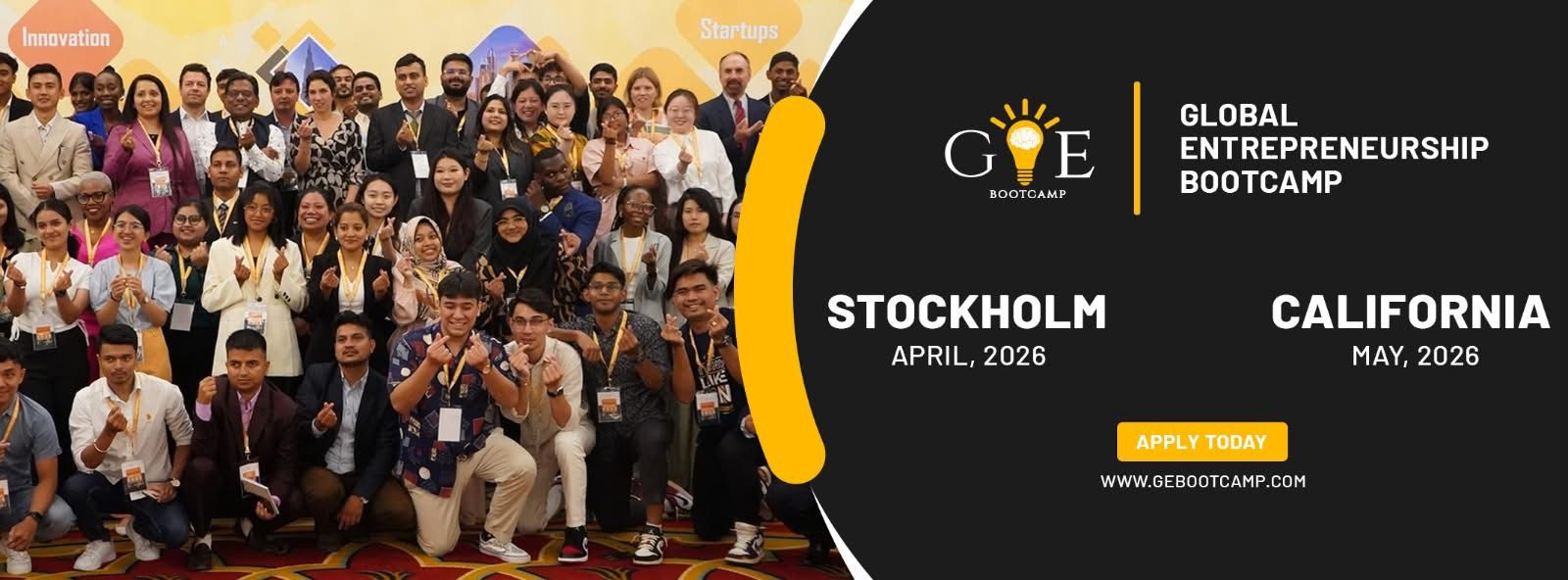
Funded Robert Bosch Stiftung Academy Fellowship 2019 in UK
Partially Funded
Country: UK
City: London
Details
Funded Robert Bosch Stiftung Academy Fellowship is now accepting applications. The fellowship is for a 10-month term from mid-September 2019 to mid-July 2020. During the fellowship, the fellow will conduct a research project of their own design which falls within the research topic ‘Transition experiences and developments in relations between Central and Eastern Europe and sub-Saharan Africa’.
A fellow’s time will be split between three key areas:
- Completing a personal research project of the fellow’s own design undertaken with the guidance of a Chatham House expert
- Contributing to the ongoing research activities of their host research team and other Chatham House teams as appropriate
- Participation in the Academy’s Leadership Programme, since the Leadership Programme is a key part of the Academy fellowships. It provides fellows with the opportunity to develop their knowledge, skills, network and self-awareness, which they can then draw upon in their future careers as effective leaders in their field.
Benefits
The fellow will receive a monthly stipend of approximately £2,295. Moreover, there will be modest provisions for the costs of relocation, fieldwork, and possible publication costs.
Eligibility
- The fellowship is open to citizens of countries in Sub-Saharan Africa comprising of Angola, Benin, Botswana, Burkina Faso, Burundi, Cameroon, Cape Verde, Central African Republic, Chad, Comoros, DRC, Republic of Congo, Cote d’Ivoire, Equatorial Guinea, Eritrea, Ethiopia, Gabon, Gambia, Ghana, Guinea, Guinea-Bissau, Kenya, Lesotho, Liberia, Madagascar, Malawi, Mali, Mauritania, Mauritius, Mozambique, Namibia, Niger, Nigeria, Rwanda, Sao Tome and Principe, Senegal, Seychelles, Sierra Leone, South Africa, South Sudan, Swaziland, Tanzania, Togo, Uganda, Zambia as well as Zimbabwe.
- Applicant must hold a completed BA degree or equivalent, Masters degree with an international focus is preferable.
- Furthermore, candidates should be at the mid-stage of their career and come from academia, NGOs, business, government departments, civil society or the media. In addition, they should possess knowledge of, and an interest in, the policy challenges related to global governance.
Specifications
| Type of Opportunity | Scholarships and Fellowships |
|---|---|
| Deadline | 28 April,2019 |
| Country | UK |
| City | London |
| Organizer | Chatham House and the Robert Bosch Stiftung |
| Contact the organizer | [email protected] |
